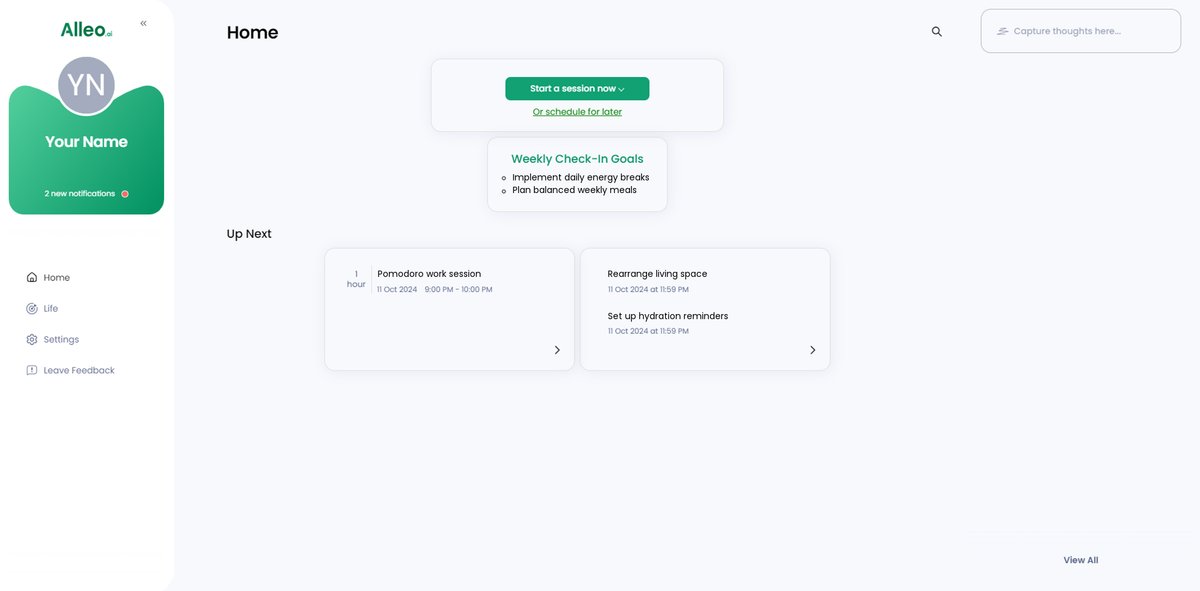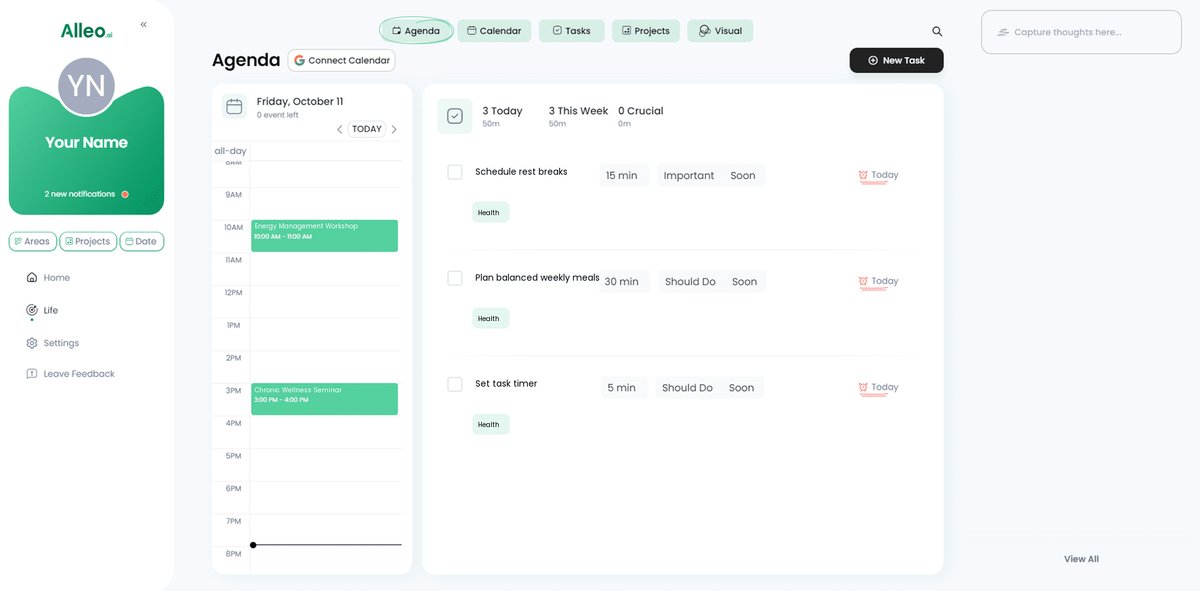5 Essential Self-Care Strategies for Managing Energy with Chronic Illness
Imagine waking up each day feeling drained before you’ve even started. For many chronic illness patients, this is a daily reality. Energy management for chronic illness is a crucial aspect of daily life.
As a life coach, I’ve helped many individuals navigate these challenges. In my experience, managing energy levels is crucial for improving overall well-being. Energy conservation techniques and pacing activities for chronic illness are key strategies I often recommend.
In this article, you’ll discover simple yet effective self-care strategies to boost energy levels. We’ll cover techniques like energy conservation, activity pacing, and maintaining proper nutrition for chronic disease management. These energy management chronic illness tips can make a significant difference in your daily life.
Let’s dive in!

Understanding the Impact of Energy Depletion
Managing energy levels when dealing with chronic illness can feel like an uphill battle. Persistent fatigue often makes even the simplest tasks seem insurmountable, highlighting the importance of energy management for chronic illness.
Many clients initially struggle with balancing their daily responsibilities and conserving energy. Energy conservation techniques are crucial for those with chronic conditions.
The emotional toll of battling constant exhaustion can’t be understated. It’s frustrating to feel drained before your day has even begun, which is why stress reduction methods for health maintenance are essential.
In my experience, people often find themselves unable to enjoy activities they once loved. Pacing activities for chronic illness can help preserve energy for enjoyable pursuits.
One common observation is the difficulty in completing daily tasks. For instance, several clients report that tasks like cooking or even taking a shower can become overwhelming. Adaptive tools for daily living with chronic illness can make these tasks more manageable.
This constant fatigue leads to feelings of helplessness and frustration. Mindfulness practices for fatigue management can help alleviate these emotions.
The challenge is real, but there are ways to manage it. Let’s explore some effective strategies that can help you regain control over your energy levels and improve your overall quality of life with chronic illness.

Effective Strategies for Energy Management
Overcoming this challenge requires a few key steps. Here are the main areas to focus on to make progress with energy management for chronic illness:
- Implement energy conservation techniques daily: Use adaptive tools for daily living with chronic illness and rearrange spaces to save energy.
- Practice activity pacing for chronic illness with regular rest breaks: Schedule breaks and alternate between high and low-energy tasks.
- Use a timer to manage tasks and mindfulness practices for fatigue management: Set specific times for tasks and implement the Pomodoro Technique.
- Prioritize and simplify essential activities: Rank tasks by priority and simplify complex ones to conserve energy.
- Maintain proper nutrition for chronic disease management and stay hydrated: Plan balanced meals and keep a water bottle handy.
Let’s dive into these energy management chronic illness tips!
1: Implement energy conservation techniques daily
Implementing energy conservation techniques daily is crucial for managing energy levels effectively, especially when dealing with chronic illness. These energy management chronic illness tips can significantly improve your quality of life.
Actionable Steps:
- Analyze daily tasks: Identify tasks that consume the most energy and find ways to simplify them, incorporating pacing activities for chronic illness.
- Rearrange living spaces: Organize your home to minimize unnecessary movement and make essential items easily accessible, an important aspect of energy management for chronic illness.
- Use adaptive tools: Employ adaptive tools for daily living with chronic illness, such as grabbers and shower chairs, to reduce strain during daily activities.
Explanation: These steps help you conserve energy, making daily tasks more manageable. By analyzing and rearranging your environment, you can simplify your routines and save energy, which is essential for chronic illness management.
Using adaptive tools can significantly ease the burden of daily chores. For more information on energy conservation, check out the American Lung Association.
Key benefits of energy conservation techniques:
- Reduced physical strain on the body
- Increased independence in daily activities
- Improved overall quality of life
These techniques can form the foundation for a more sustainable energy management strategy for those living with chronic illness.

2: Practice activity pacing with regular rest breaks
Practicing activity pacing with regular rest breaks is essential for managing energy levels effectively, especially for those implementing energy management chronic illness tips.
Actionable Steps:
- Schedule regular breaks: Plan short breaks every hour to rest and recharge, a key energy conservation technique.
- Alternate activities: Balance high-energy tasks with low-energy ones to avoid burnout, an important aspect of pacing activities for chronic illness.
- Use a visual timer: Set a timer to remind you to take breaks and maintain a steady pace, aiding in energy management for chronic illness.
Explanation: These steps help prevent overexertion, making daily routines more manageable for those with chronic conditions.
By incorporating regular breaks and alternating activities, you can maintain a balanced energy level. Using a timer helps ensure you stick to your schedule, which is crucial for energy management in chronic illness.
For further insights, see the PubMed article on fatigue management in chronic conditions.
Taking these steps can transform your daily routine, allowing you to manage your energy more effectively while living with a chronic illness.

3: Use a timer to manage tasks and meditation
Using a timer to manage tasks and meditation can significantly improve your energy levels and focus, which is crucial for energy management in chronic illness.
Actionable Steps:
- Set specific times for tasks: Allocate precise time blocks for each activity to avoid overexertion and maintain a steady pace, an essential energy conservation technique for those with chronic illness.
- Implement the Pomodoro Technique: Work in focused intervals, typically 25 minutes, followed by short breaks to recharge and stay productive, helping with pacing activities for chronic illness.
- Schedule meditation sessions: Use a timer to ensure you dedicate time to meditation, which can reduce stress and enhance concentration, serving as an effective mindfulness practice for fatigue management.
Explanation: These steps help you stay organized and prevent burnout by balancing work and rest, which is crucial for energy management in chronic illness.
For instance, the Pomodoro Technique is proven to boost productivity while maintaining energy levels. By scheduling meditation, you can reduce stress and improve mental clarity, contributing to stress reduction methods for health maintenance.
For more insights, see this guide on self-care.
Benefits of using a timer for task management:
- Enhanced focus and productivity
- Better time awareness and management
- Reduced stress and mental fatigue
Taking these steps can help you manage your tasks and meditation effectively, leading to better energy management for those with chronic illness.

4: Prioritize and simplify essential activities
Prioritizing and simplifying essential activities is crucial for managing energy levels effectively, especially when implementing energy management chronic illness tips.
Actionable Steps:
- List and rank daily activities: Identify all tasks and prioritize them by importance and urgency, incorporating pacing activities for chronic illness.
- Delegate or eliminate non-essential tasks: Assign tasks to others or remove them if they aren’t critical, focusing on energy conservation techniques.
- Break complex tasks into smaller steps: Simplify larger tasks into manageable pieces to avoid feeling overwhelmed, which is essential for energy management in chronic illness.
Explanation: These steps help you focus on what truly matters, conserving energy for the most important activities and incorporating stress reduction methods for health maintenance.
By prioritizing and simplifying tasks, you can manage your energy more efficiently, which is a key aspect of energy management chronic illness tips.
For additional strategies, visit the American Cancer Society.
Taking these steps can make your daily routine more manageable, helping you maintain better energy levels and improve overall chronic disease management.

5: Maintain proper nutrition and stay hydrated
Maintaining proper nutrition and staying hydrated is crucial for managing energy levels effectively, especially when implementing energy management chronic illness tips.
Actionable Steps:
- Plan balanced meals: Create a meal plan that includes a variety of nutrients to provide sustained energy throughout the day, focusing on nutrition for chronic disease management.
- Keep a water bottle handy: Carry a water bottle wherever you go to ensure you drink enough water regularly, an important aspect of energy conservation techniques.
- Monitor and adjust dietary habits: Track your food intake and make adjustments based on how your body responds, which is essential for pacing activities for chronic illness.
Explanation: These steps help ensure your body receives the necessary fuel and hydration to function optimally, supporting energy management chronic illness tips.
Proper nutrition and hydration are key to maintaining energy levels and overall health. For more insights, visit the National Council on Aging.
Essential nutrients for energy management:
- Complex carbohydrates for sustained energy
- Lean proteins for muscle repair and recovery
- Healthy fats for hormone balance and brain function
Implementing these steps can greatly improve your daily energy levels and well-being, complementing other energy management chronic illness tips.

Partner with Alleo for Effective Energy Management
We’ve explored the challenges of managing energy levels with chronic illness. Did you know you can work directly with Alleo to make this journey easier? Our energy management chronic illness tips can help you navigate daily life more effectively.
Setting up an account with Alleo is simple. Sign up for your free 14-day trial. No credit card needed.
Create a personalized plan tailored to your needs. Alleo’s AI coach will help you set realistic goals and track your progress, incorporating energy conservation techniques and pacing activities for chronic illness.
Receive regular follow-ups, reminders, and tips via text and push notifications. Alleo keeps you accountable and on track, offering guidance on sleep hygiene for chronic conditions and stress reduction methods for health maintenance.
Ready to get started for free? Let me show you how!
Visit our website and start your journey to better energy management today, exploring nutrition for chronic disease management and mindfulness practices for fatigue management.
Step 1: Log In or Create Your Account
To start managing your energy levels with our AI coach, log in to your existing account or create a new one to begin your personalized journey towards better well-being.

Step 2: Choose “Improving overall well-being and life satisfaction” as your goal
Select “Improving overall well-being and life satisfaction” from the list of goals to address the energy management challenges discussed in the article, as this holistic approach will help you tackle fatigue and boost your quality of life.

Step 3: Select “Health” as Your Focus Area
Choose “Health” as your primary focus area in Alleo to tackle energy management head-on, aligning perfectly with the strategies discussed for managing chronic illness-related fatigue and improving overall well-being.

Step 4: Starting a Coaching Session
Begin your journey with Alleo by scheduling an initial intake session, where our AI coach will help you create a personalized energy management plan tailored to your chronic illness needs.

Step 5: Viewing and managing goals after the session
After your coaching session, check the Alleo app’s home page to view and manage the energy management goals you discussed, allowing you to track your progress and make adjustments as needed.

Step 6: Adding events to your calendar or app
Use Alleo’s calendar and task features to schedule your energy management activities, such as rest breaks and meditation sessions, allowing you to easily track your progress and stick to your personalized plan for better energy levels.

Wrapping Up: Empowering Your Energy Management
Now that we’ve explored practical energy management chronic illness tips, let’s recap the highlights.
Managing energy levels when living with chronic illness is challenging, but it’s possible. Implementing energy conservation techniques, practicing pacing activities for chronic illness, using timers, prioritizing tasks, and maintaining proper nutrition for chronic disease management can make a significant difference.
Remember, the goal is to create a balance that works for you. Small changes can lead to big improvements in energy management for chronic illness.
Don’t forget, Alleo is here to support you. Our AI life coach can help you set and achieve your energy management goals, including stress reduction methods for health maintenance.
Take the first step towards better energy management today. Sign up for your free trial and start your journey with Alleo to explore effective energy management chronic illness tips.